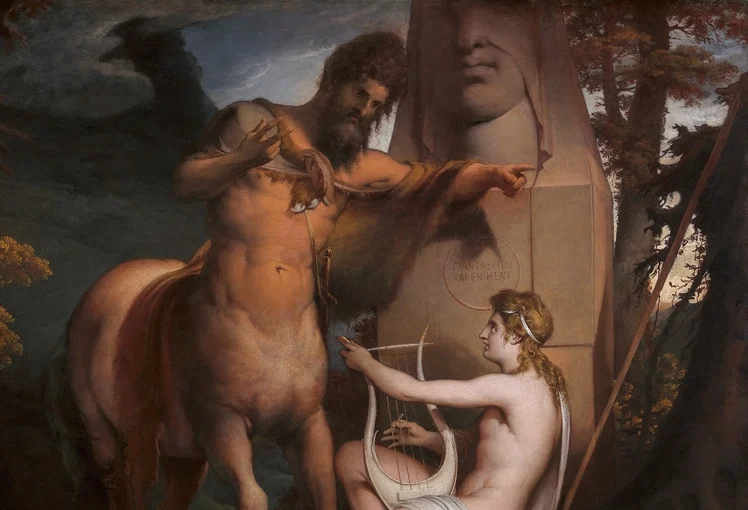When I think of epic stories and poems, I often think of swashbuckling heroes. These include Robin Hood and Ivanhoe, sailing through the air on another adventure. Of course, epic poetry goes much further than that in the mind of the poet, and the details of these poems often have a bit more depth. In this post, we are going to define the characteristics of epic poetry and inspect some examples.
Definition of Epic Poetry
Epic poetry is typically narrative in execution, so it tells a story, and has fantastical elements and themes. These themes include mortality, humanity, and the godly. Additionally, the poems often follow a hero or heroine who embark on an adventure. Their goal or objective may seem unattainable to mere mortals, such as slaying large beasts, taming kingdoms, or finding a secret to life eternal. Yet, they typically succeed in some fashion or another. These stories are very old and some are more modern.
Examples of Epic Poetry
The Epic of Gilgamesh is an epic poem about Gilgamesh, who was an errant Babylonian “god-king” who would grow to be a wise leader of his people through trials and tribulations. Yet, he sets out to fell beasts and become a victor, even killing the guardian of the Cedar Forest Humbaba against of pleas of mercy.
A lot of this poem is very Herculean and Biblical, and features some amazing moments of strength and bravery, including battles with monsters, bulls, and a search for the key to immortality. Of course, at the end of the day, one must learn to be humble, and so Gilgamesh sees the error of his ways and becomes a better ruler, even though he has survived much conflict and suspense.
Other examples of epic poetry include:
- The Odyssey by Homer: Tells the tale of Odysseus and his fight back home to see his wife again.
- The Divine Comedy by Dante: Tells the tale of a journey through the afterlife, including Hell, purgatory, and paradise.
- Beowulf: Tells the tale of Beowulf, who battles monsters and becomes a hero.
Each of the above examples includes some concept from epic poetry. Odysseus and Beowulf must battle horrible creatures, from Cyclopes to the terrifying inhuman Grendel, while others go on long journeys, such as in The Divine Comedy.

Before they saw there the exorbitant creature,
the loathsome dragon on the ground, lying there
opposite their lord. The fire-drake was grimly
and terrifying patterned, scorched with its flames.
It measured out fifty feet long in its laying out,
once holding its flying-joys by night.
(Beowulf)
The Purpose of Epic Poetry
Epic poetry offers a window into an idealized past, even for those sharing it for the first time. It also helped preserve history and identity by making the heroes fight for common causes, from going to war to taking care of your family. Moreover, it shows how humans perceived heroism and established lessons that had a moral, so that those who heard or read the poem could learn from them. That is to say, many of the epic characters had faults, which provided a great deal of entertainment, but also showed the flawed nature of humanity and how to be better.
Conclusion
The characteristics of epic poetry are many. Yet, these poems stand apart from their brethren due to the particulars as a whole. Epic poetry is filled with all sorts of odds and ends and feats and heroes. Often, these strange and wonderfully inexplicable things are the binding element to make the story stand out. Likewise, there are many examples of epic poems from history including The Iliad, Gilgamesh, Ivanhoe, and so on. By understanding these conventions, we can see the depth of detail in epics. We can also internalize their importance to our world and ourselves.

Leave a Reply